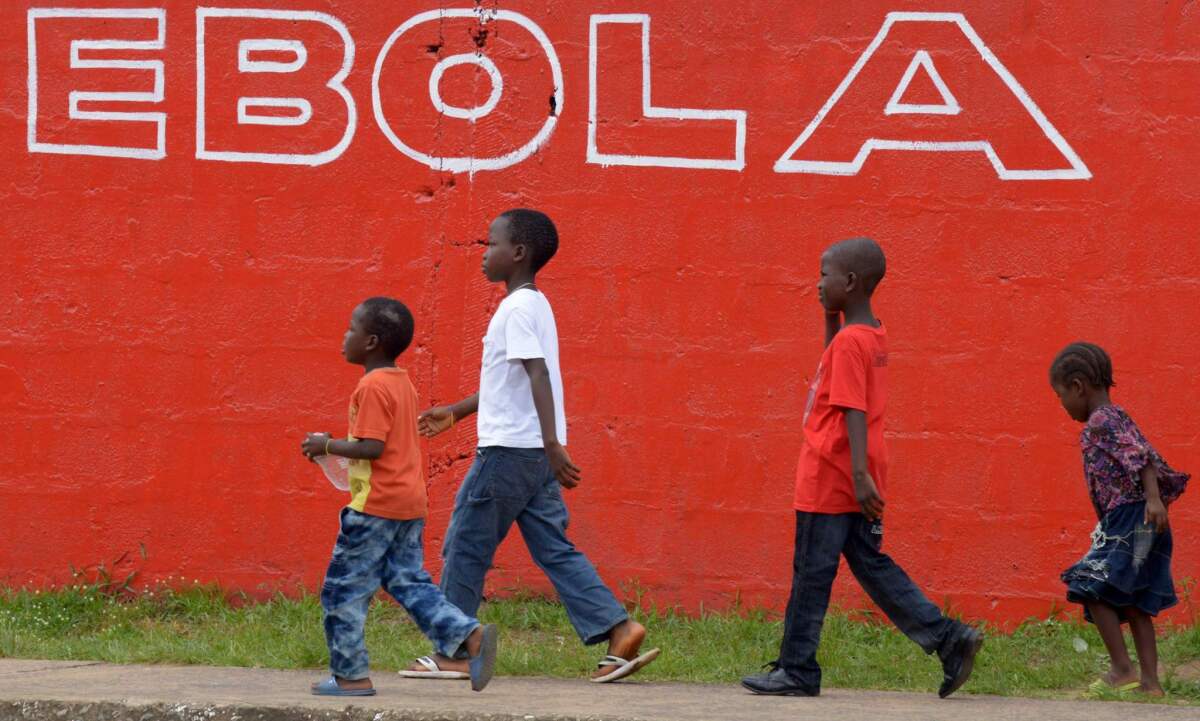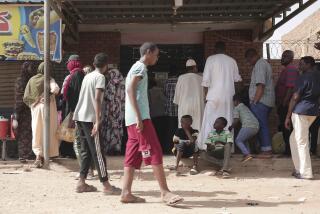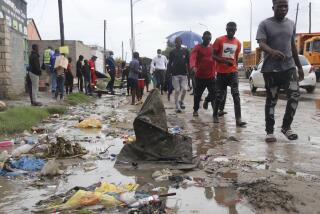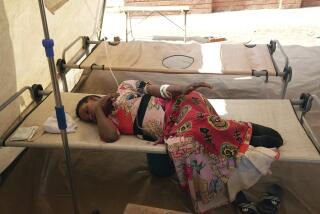Is the Ebola epidemic in West Africa really over?

Children walk past an Ebola slogan painted on a wall in the Liberian capital, Monrovia, in August 2014.
Liberia was officially declared Ebola-free on Thursday, the last country in West Africa to reach that milestone after more than 28,500 people were infected and 11,300 perished in the worst outbreak of the disease.
It was, in the words of the World Health Organization director-general, Margaret Chan, “a monumental achievement.”
Thousands of people infected with Ebola had to be tracked down, tested and treated. Tens of thousands of others who were exposed to the virus had to be located and monitored for up to 21 days, the incubation period of the virus.
But even after governments, aid agencies and health workers from around the world mobilized to defeat Ebola, experts caution that it is too soon to declare the epidemic over. Small flare-ups of the disease are likely in the three countries that were hardest hit: Liberia, Sierra Leone and Guinea.
Liberia experienced two such outbreaks after it was declared Ebola-free in May.
Fighting an Ebola epidemic is like putting out one fire only to discover that spreading embers have ignited others. In some cases, victims have died without seeking care or being correctly diagnosed, setting off new chains of transmission.
Ensuring that all those exposed were monitored for the full 21 days has also proved a challenge. But in some cases, health authorities have been at a loss to explain how the virus reemerged. Such cases are likely the result of the virus persisting in survivors even after recovery, WHO officials say.
The U.N. health agency gives the all-clear only after a country has gone 42 days — two incubation cycles — without any Ebola cases. But scientists have found that traces of the virus can linger for months in semen, spinal fluid and the eyes, parts of the body not easily reached by the immune system. Research is needed to determine precisely how long, and how likely it is that Ebola can be transmitted during that period.
A study published in the New England Journal of Medicine in October concluded that a Liberian woman probably contracted the virus after having unprotected sex with an Ebola survivor six months after he fell ill with the disease.
The same month, a Scottish nurse who had been treated for Ebola 10 months earlier was readmitted to the hospital after the virus caused a severe disorder of her central nervous system. She made a full recovery.
WHO officials emphasize that such cases are rare, and there is no evidence that casual contact with Ebola survivors poses a danger. But some experts worry that declaring countries free of the virus after 42 days could provide a false sense of security and cause people to drop their guard.
“We’ve been humbled by this virus multiple times during this outbreak, so I think we need to be cautious,” said Dr. William A. Fischer II, an assistant professor at the University of North Carolina who has been working with Ebola survivors.
“As long as there is infectious virus that continues to hide out ... that is a potential for a reignition of this outbreak, especially if we relax infection control and prevention.”
Despite the valiant efforts of local health workers, global health authorities worry that the countries worst affected by Ebola are not sufficiently equipped to contend with future outbreaks — especially as emergency response systems are shut down and foreign partners scale back their operations.
Ebola has taken a heavy toll on health workers in these nations, and little has been done to improve the weak infrastructure that contributed to the virus’ rapid spread.
The WHO is calling for a period of heightened vigilance in West Africa and says it is working with the governments of Liberia, Sierra Leone and Guinea to ensure that survivors receive the care they need.
“Our work is not done,” Chan said.
For more international news, follow @alexzavis on Twitter
More to Read
Sign up for Essential California
The most important California stories and recommendations in your inbox every morning.
You may occasionally receive promotional content from the Los Angeles Times.











